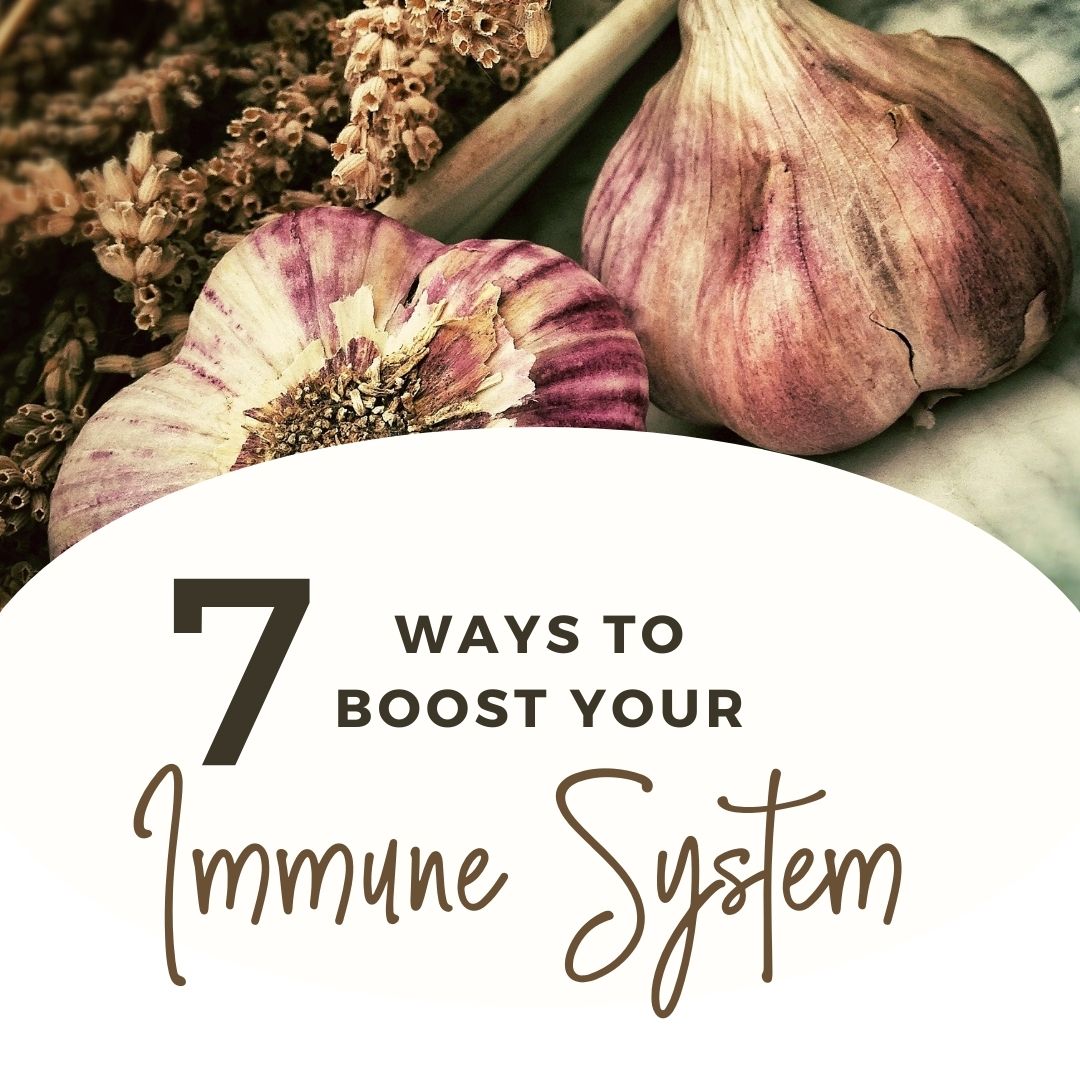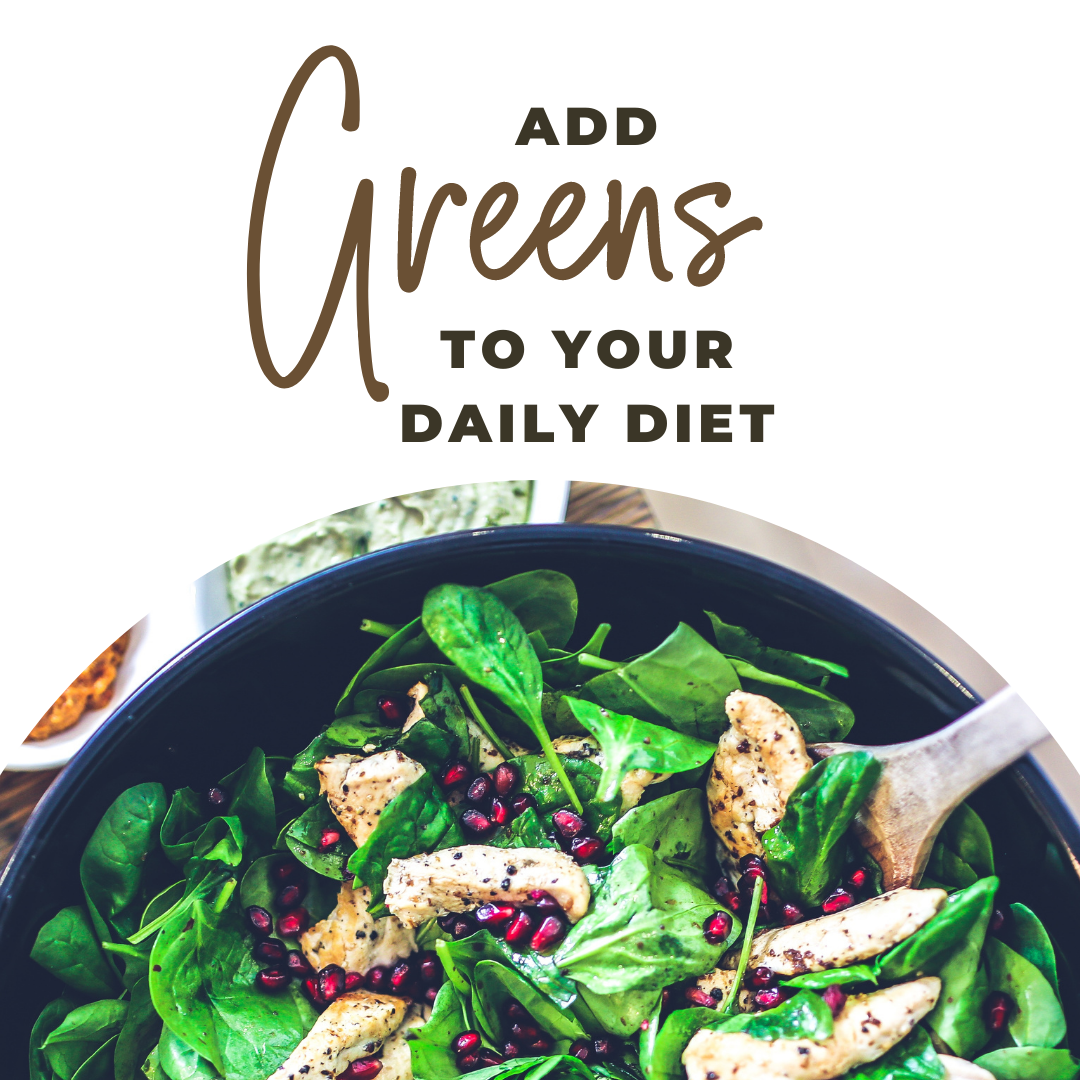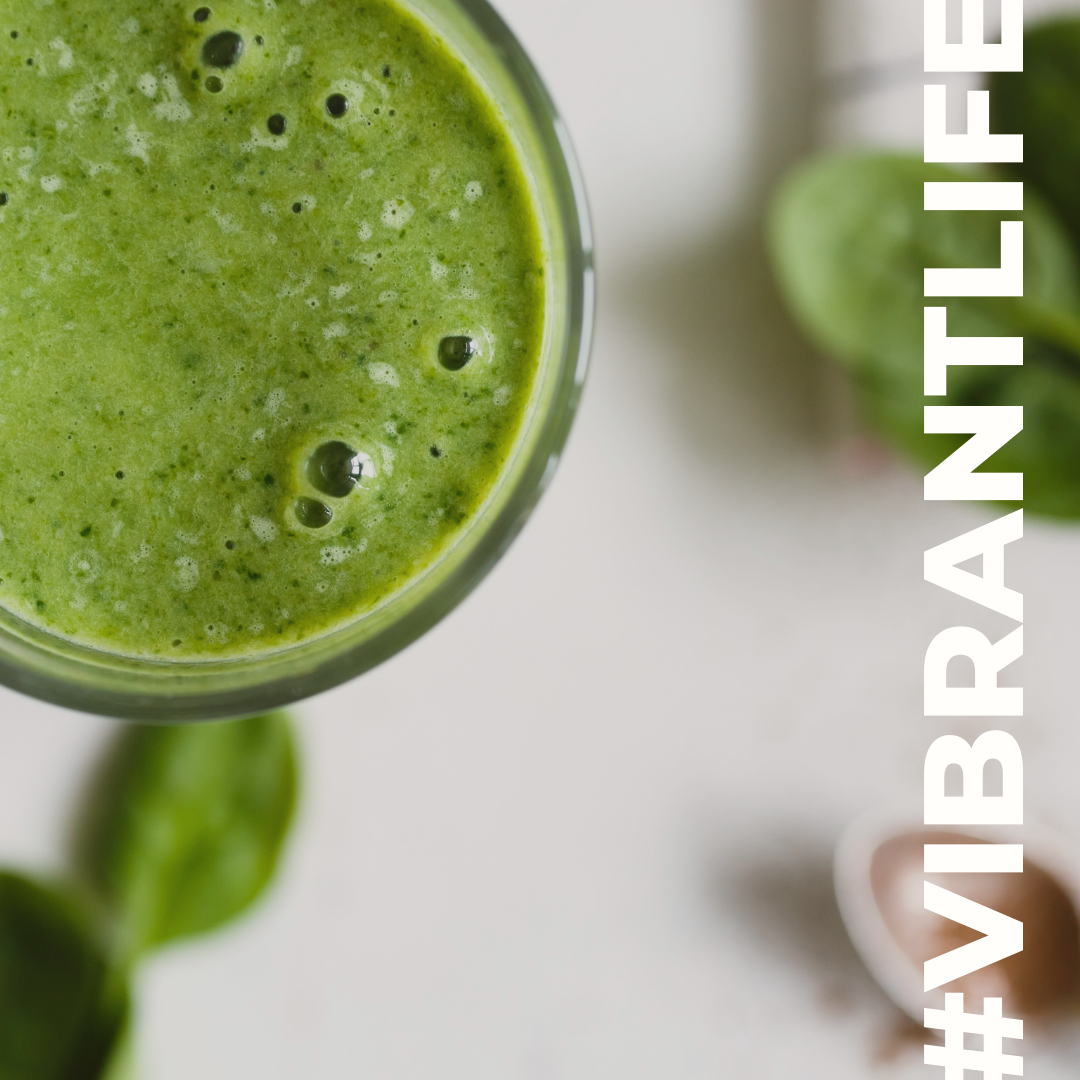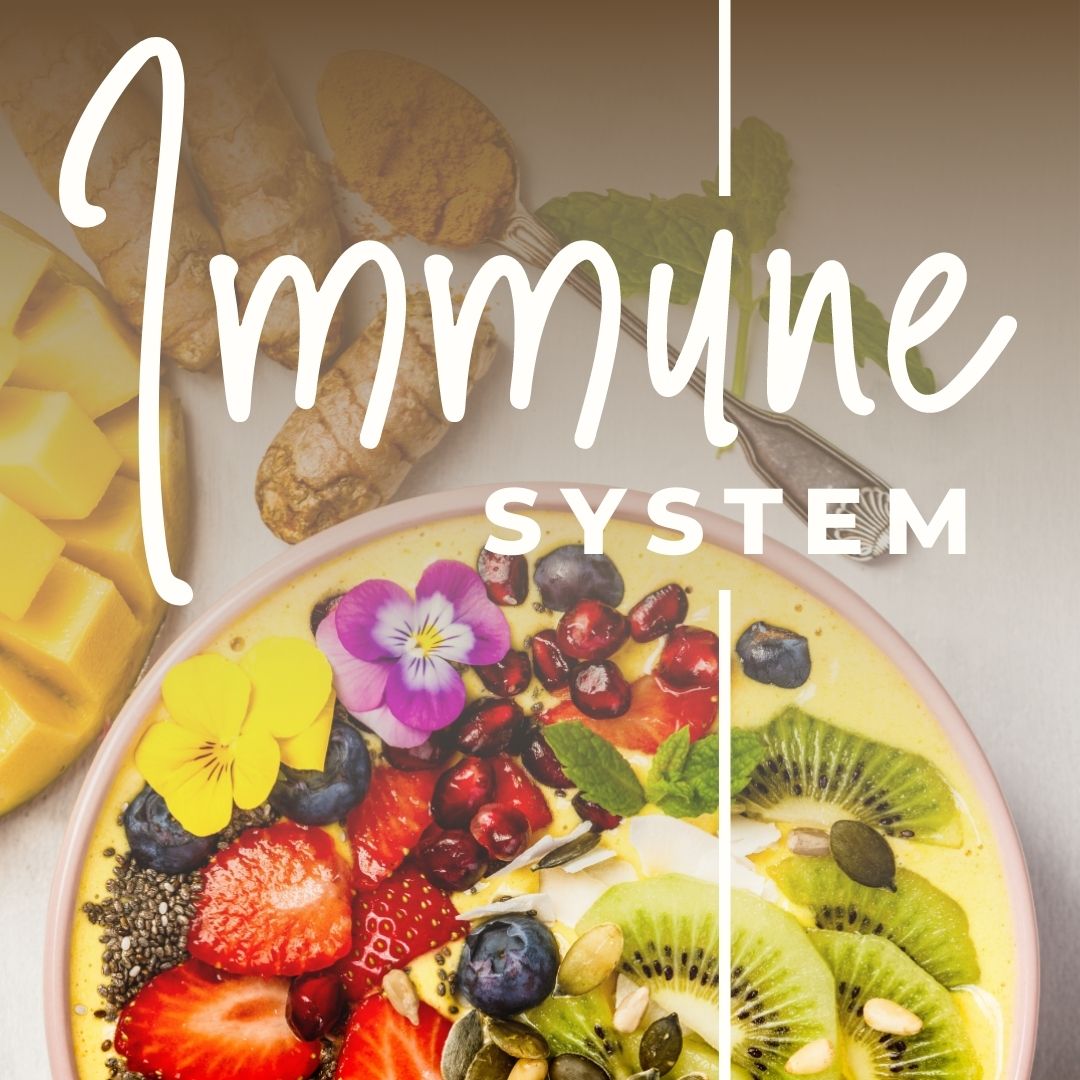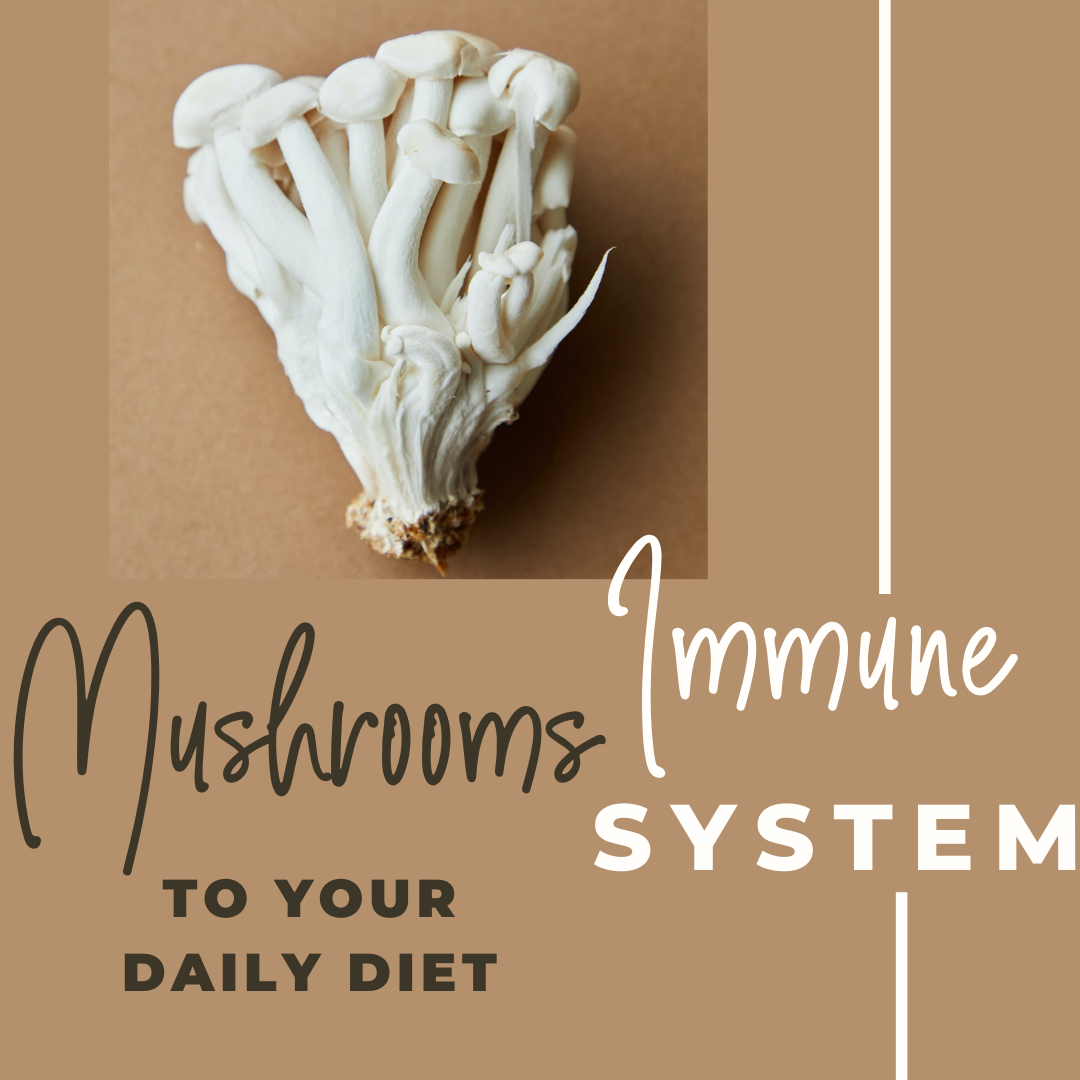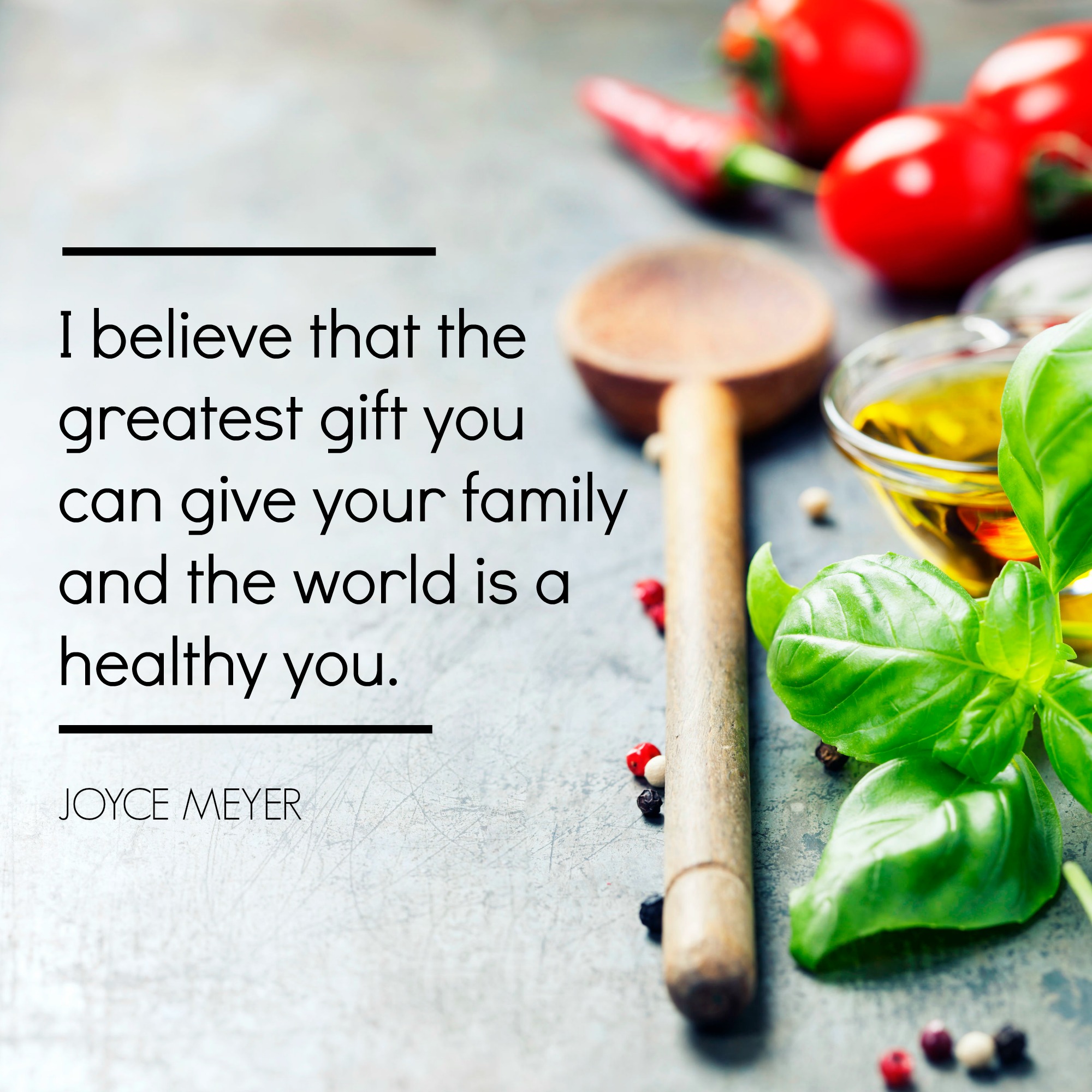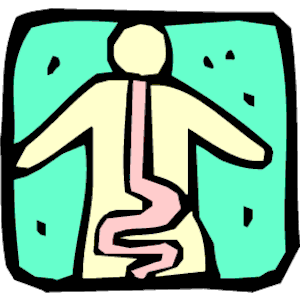Isn't it remarkable that every choice we make, every habit we cultivate, contributes to the grand masterpiece that is our health? True, some days are tougher than others, but remember, health is a symphony, not a solo.
Each part plays a role in creating harmony. With that said, let's uncover one piece of this symphony today—your blood sugar levels.
Understanding and addressing how this influence on your energy can help you compose a beautiful score for your health journey.
Blood Sugar Spikes and Energy Levels - The Hidden Connection
The Energy Rollercoaster
Sudden spikes in blood sugar followed by rapid drops can lead to hypoglycemia - a state of low blood sugar.
The Toll of Inflammation and Oxidative Stress
When blood sugar isn't well-regulated, it can lead to chronic inflammation and increased oxidative stress within your body. These conditions disrupt cellular functions and interfere with the pathways that produce energy, often resulting in feelings of lethargy and fatigue.
Sleep Quality and Blood Sugar
High blood sugar levels can compromise your sleep qualit
High blood sugar levels can compromise your sleep quality by interfering with the body's natural sleep-wake cycle. This disturbance can cause frequent awakenings during the night and leave you feeling drained the next day.
Nutrient Absorption and Energy Production
Imbalances in blood sugar can hinder your body's ability to absorb and utilise essential nutrients like B vitamins and magnesium, both crucial for energy production.
Without these nutrients, your body struggles to generate and use energy effectively, which can result in fatigue.
Hormonal Imbalances and Energy Levels
Disruptions in your blood sugar regulation, especially with conditions like insulin resistance, can offset the delicate balance of hormones in your body. This imbalance can affect cortisol, the stress-regulating hormone, and your sex hormones, both of which play crucial roles in energy regulation.
By maintaining balanced blood sugar levels, you're taking a significant step towards banishing fatigue and embracing a more vibrant, energetic life.
If you need support in managing your blood sugar levels and overcoming fatigue, book a free discovery call – send me an email tosue@suehardman.com We're here to help you on your journey to health and vitality.
Featured Supplement: B Vitamins are often hailed as 'energy vitamins' for their crucial role in energy production.
Here are some benefits of B Vitamins for energy support:
Boost Energy Production: B Vitamins are essential for converting dietary nutrients into ATP, the energy currency of the cells.
Support Nervous System Health: These vitamins support the health of your nervous system, which directly influences energy levels.
Promote Heart Health: By reducing homocysteine levels, a risk factor for heart disease, B Vitamins contribute to overall cardiovascular health and endurance.
Enhance Mood and Cognitive Function: Adequate B Vitamins intake is associated with improved mood and cognitive function, influencing your overall energy levels and well-being.
If you'd like to order my favourite supplemental form of B vitamins, please get in touch.



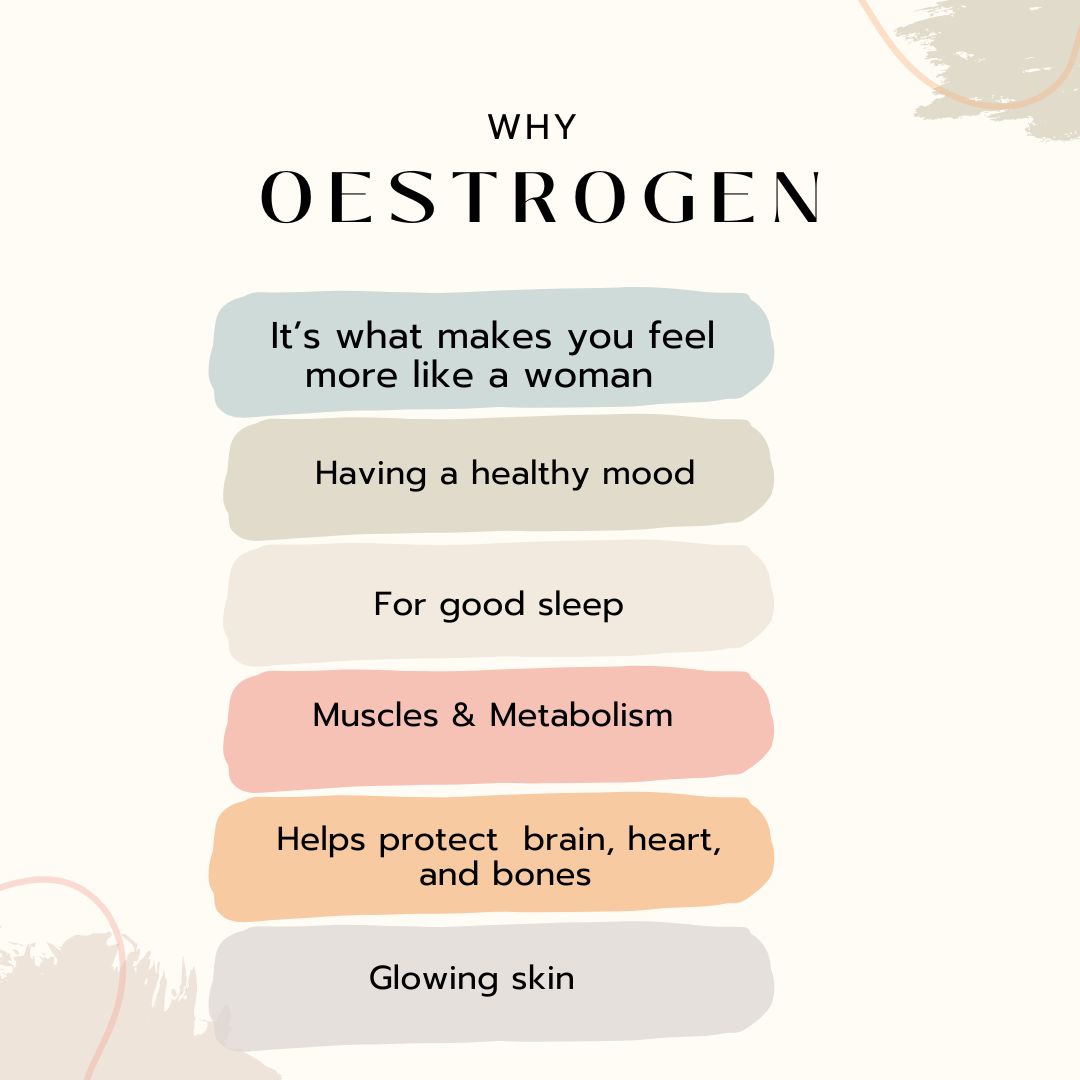




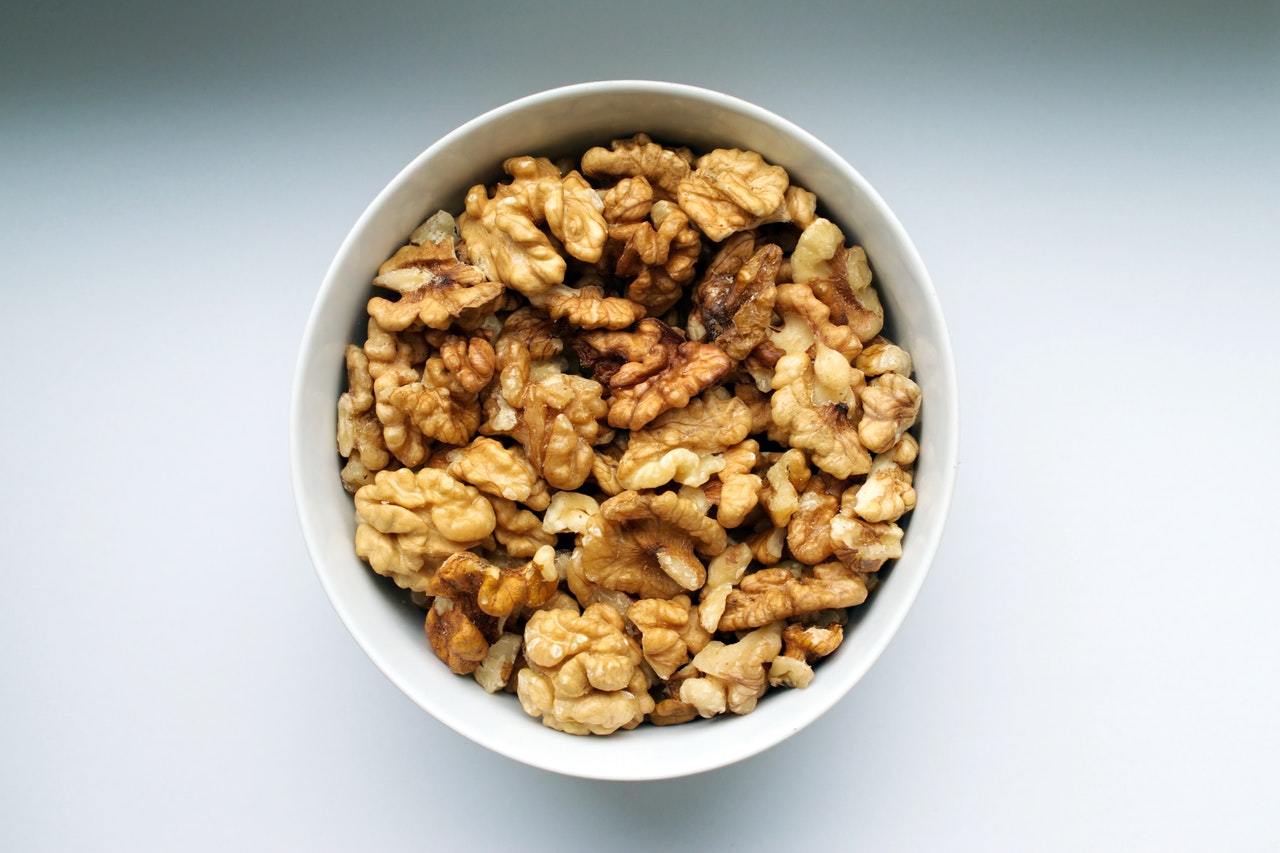
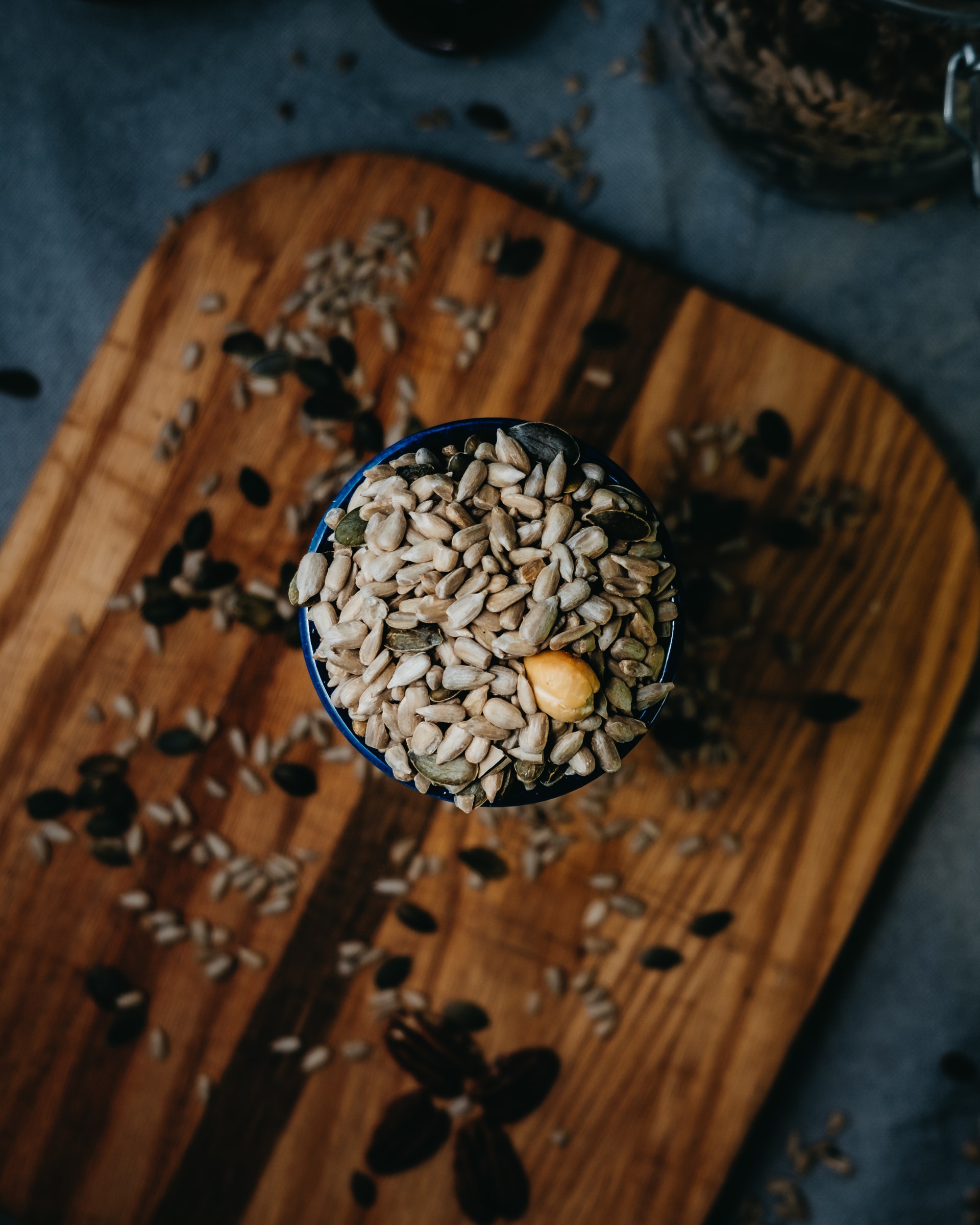
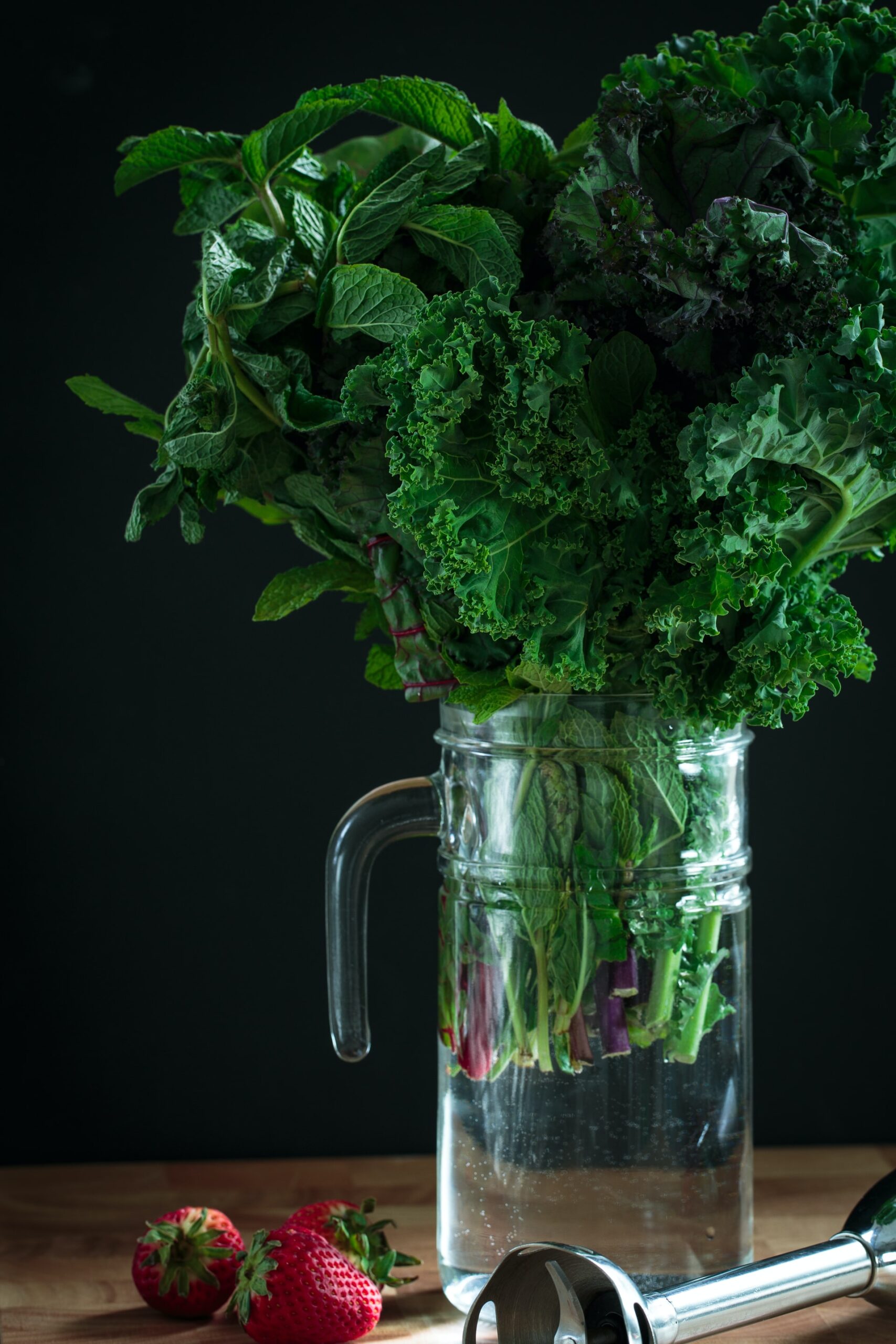
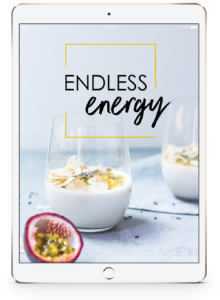
 We know what a bad night’s sleep does to your physical appearance - dark circles and bags under your eyes but what’s far more important than this is the connection to more serious health conditions such as:-
We know what a bad night’s sleep does to your physical appearance - dark circles and bags under your eyes but what’s far more important than this is the connection to more serious health conditions such as:-


